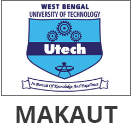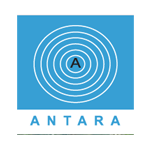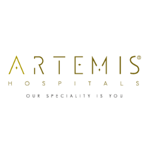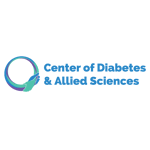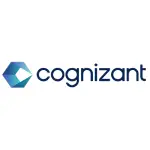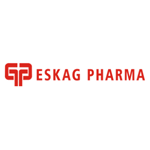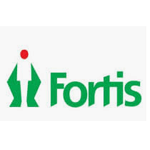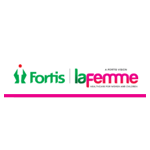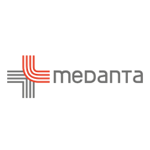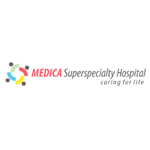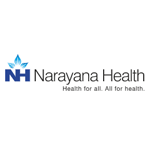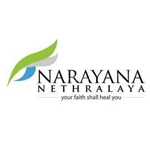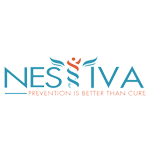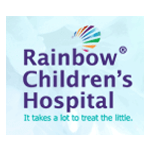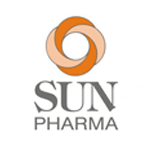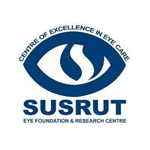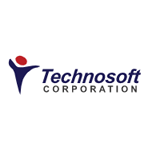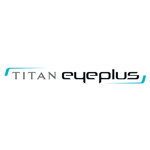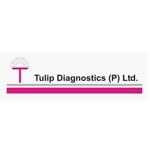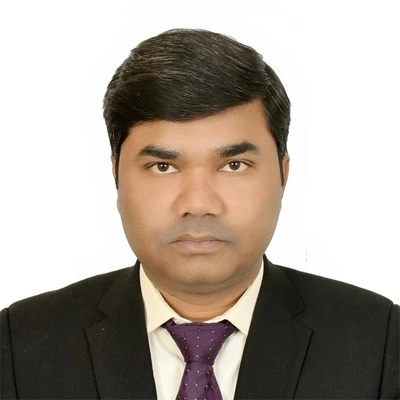- Home
- About Us
- Courses
- NSHM Business School
- BBA (Bachelor of Business Administration)
- BBA – Hospital Management
- BBA – Global Business
- BBA – Sports Management
- BBA – Accountancy, Taxation & Auditing
- BBA – Accountancy, Taxation and Auditing + BSE Certification
- BBA – Banking & Financial Services
- MBA (Master of Business Administration)
- Executive MBA
- MHA (Master of Hospital Administration)
- NSHM Institute of Health Sciences
- Bachelor of Pharmacy
- Bachelor of Pharmacy (Lateral)
- Bachelor of Optometry
- B.Sc. – Psychology
- B.Sc. – Dietetics and Nutrition
- B.Sc. – Medical Lab Technology
- B.Sc. – Radiology & Medical Imaging Technology
- B.Sc. – Critical Care Technology
- B.Sc. – Yoga
- Master of Optometry
- Master of Optometry (BL)
- Master of Pharmacy – Pharmacology
- Master of Pharmacy – Pharmaceutics
- Master of Public Health
- Master of Public Health (BL)
- M.Sc. – Clinical Psychology
- M.Sc. – Dietetics and Nutrition
- M.Sc. – Medical Lab Technology
- M.Sc. – Radiology & Imaging Technology
- M.Sc. – Yoga
- M.Sc. – Yoga (BL)
- NSHM Design School
- NSHM Institute of Computing & Analytics
- NSHM Institute of Engineering & Technology
- B. Tech. – Mechanical Engineering
- B. Tech. – Mechanical Engineering (Lateral)
- B. Tech. in Civil Engineering
- B. Tech. – Civil Engineering (Lateral)
- B. Tech. – Computer Science Engineering
- B. Tech. – Computer Science Engineering (Lateral)
- B. Tech. – Electronics & Communication Engineering
- B. Tech. – Electronics & Communication Engineering (Lateral)
- B. Tech. – Artificial Intelligence and Machine Learning
- B. Tech. – Artificial Intelligence and Machine Learning (Lateral)
- B. Tech. – Electrical Engineering
- B. Tech. – Electrical Engineering (Lateral)
- B. Tech. – Data Science
- B. Tech. – Data Science (Lateral)
- NSHM Institute of Hotel & Tourism Management
- NSHM Institute of Nursing
- NSHM Media School
- NSHM Business School
- Schools & Campuses
- Beyond Academics
- Admissions
- News & Events
- Contact Us
Overview
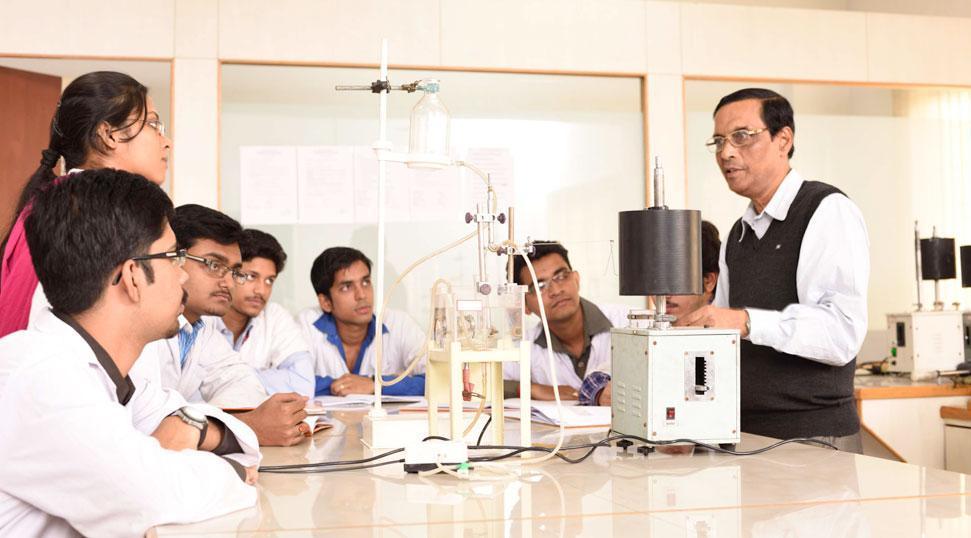
As the Indian economy has grown in recent years, there has been a rapid expansion in the productivity and research in Indian pharmaceutical industry, justifying the need of quality pharmaceutical education. Bachelor of Pharmacy (B. Pharm.) is one of the best Programmes to pursue after 12th if you are interested in the paramedical field. NSHM being one of the most prominent B.Pharm. colleges in Kolkata, performs the crucial task of transforming scientific knowledge to technical skills through excellent laboratory facilities and industrial training.
Students are trained by highly qualified faculty members and have access to laboratories that have been designed to match the facilities available at pharmaceutical sciences and analytical testing laboratories of GMP certified pharmaceutical companies and research institutes. Individual labs for Pharmaceutical Chemistry, Pharmaceutical Analysis, Medicinal Chemistry, Engineering Drawing, Physical Pharmaceutics, Biopharmaceutics, Pharmaceutical Technology, Industrial Pharmacy, Pharmacognosy, Pharmaceutical Microbiology and Biotechnology, and Physiology and Pharmacology are housed in the campus.
Programme Education Objective
- Prepare students for quality drug research, development, use, and production as a pharma professional with modern knowledge, skills, and attitude in areas related to pharmaceutical chemistry, analysis, pharmacognosy, pharmacy practice and related vocations.
- Enable them to adapt to the changing and emerging instrumental methods, chemistry, herbal drugs, pharma practice, biotechnology, etc. for effective prevention, care, and rehabilitation of health with drugs and with utmost regard to continuous learning, medical ethics and social responsibility.
Career Opportunities
As Pharma industry is continuously evolving, there is lack of skilled professionals in this field. Pharmacy being one of the fastest-growing industries in healthcare sector in India, the career prospects and job opportunities seems to be very impressive. After completing the degree, students can work in industries like:
- Research and Development
- Formulation Development
- Analytical and Bioanalytical Research & Development
- Clinical Research
- Regulatory Affairs
- Quality Control and Assurance
- Production
- Academics
- Drug Control Administration
- Sales and Marketing
Programme Structure
Core Curriculum
Pharmaceutical Chemistry (Including Pharmaceutical Analysis)
Biochemistry
molecular levels of the chemical process associated with living cells, biochemical facts and the principles to understand metabolism of nutrient molecules in physiological and pathological conditions, and emphasis on genetic organization of mammalian genome and hetero & autocatalytic functions of DNA
Instrumental Methods of Analysis
application of instrumental methods in qualitative and quantitative analysis of drugs, principles and instrumentation of spectroscopic and chromatographic technique, and emphasis on theoretical and practical knowledge on modern analytical instruments that are used for drug testing.
Medicinal Chemistry
fundamental knowledge on the structure, chemistry and therapeutic value of drugs, structure-activity relationships of drugs, importance of physicochemical properties and metabolism of drugs, chemical synthesis of important drugs under each class, modern techniques of rational drug design like quantitative structure activity relationship (QSAR), Prodrug concept, combinatorial chemistry and Computer aided drug design (CADD), emphasis on the chemistry, mechanism of action, metabolism, adverse effects, Structure Activity Relationships (SAR), therapeutic uses and synthesis of important drugs.
Pharmaceutical Analysis
fundamentals of analytical chemistry and principles of electrochemical analysis of drugs
Pharmaceutical Inorganic Chemistry
monographs of inorganic drugs and pharmaceuticals
Pharmaceutical Organic Chemistry
classification and nomenclature of simple organic compounds, structural isomerism, intermediates forming in reactions, important physical properties, reactions and methods of preparation of these compounds, mechanisms and orientation of reactions, Chemistry of fats and oils, stereo-chemical aspects of organic compounds and organic reactions, important named reactions, chemistry of important hetero cyclic compounds, and emphasis on medicinal and other uses of organic compounds.
Pharmacognosy
Pharmacognosy and Phytochemistry
The subject involves the fundamentals of Pharmacognosy like scope, classification of crude drugs, their identification and evaluation, phytochemicals present in them and their medicinal properties. The main purpose of subject is to impart the students the knowledge of how the secondary metabolites are produced in the crude drugs, how to isolate and identify and produce them industrially. Also this subject involves the study of producing the plants and Phytochemicals through plant tissue culture, drug interactions and basic principles of traditional system of medicine.
Herbal Drug Technology
basic understanding of herbal drug industry, the quality of raw material, guidelines for quality of herbal drugs, herbal cosmetics, natural sweeteners, nutraceutical etc. The subject also emphasizes on Good manufacturing Practices (GMP), patenting and regulatory issues of herbal drugs
Pharmacy Practice & related
Pharmacy Practice
drug distribution, drug information, and therapeutic drug monitoring for improved patient care, community pharmacy, dispensing of drugs, responding to minor ailments by providing suitable safe medication, patient counselling for improved patient care in the community set up.
Pharmaceutical Microbiology
all categories of microorganisims especially for the production of alchol antibiotics, vaccines, vitamins enzymes etc.
Pharmaceutical Biotechnology
scientific applications of biotechnology in the field of genetic engineering, medicine and fermentation technology, new biological revolutions in diagnosis, prevention and cure of diseases, new and cheaper pharmaceutical drugs, transgenic crops and animals, and the future promises.
Biostatistics and Research Methodology
applications of Biostatics in Pharmacy, Descriptive statistics, Graphics, Correlation, Regression, logistic regression Probability theory, Sampling technique, Parametric tests, Non Parametric tests, ANOVA, Introduction to Design of Experiments, Phases of Clinical trials and Observational and Experimental studies, SPSS, R and MINITAB statistical software’s, analyzing the statistical data
Pharma Marketing Management
understanding of marketing concepts and techniques, and their applications in the pharmaceutical industry.
Computer Applications in Pharmacy
Database design and development, Database Management system, DBMS/RDBMS, computer application in clinical studies, and use of medical databases
Environmental Sciences
environmental system, status of its inherent or induced changes on organisms, physical and biological characters of the environment, social and cultural factors, and the impact of man on environment
Fee Structure
Fee structure as per latest Govt notication 466-Edn-(T)/10M-04/2004 (Part IV) dated 16.10.2023
| Particular | Y1 | Y2 | Y3 | Y4 |
| AY 23-24 | AY 24-25 | AY 25-26 | AY 26-27 | |
| Tuition Fees | 1,21,000 | 1,21,000 | 1,21,000 | 1,21,000 |
| Development fee | 18,150 | 18,150 | 18,150 | 18,150 |
| Admission Fee | 10,000 | – | – | – |
| Library-cum-Book-Bank Fee * | 6,000 | – | – | – |
| Student Welfare, Sports & Games Fee | 1,000 | 1,000 | 1,000 | 1,000 |
| Alumni Membership Fee | – | – | – | 5,000 |
| Total fee excluding University charges | 1,56,150 | 1,40,150 | 1,40,150 | 1,45,150 |
Total |
5,81,600 |
|||
* Students will be provided a book bank by the college to be returned on completion of study.
Programme Type - UG
Duration - 4 years
Degree Awarded By -
